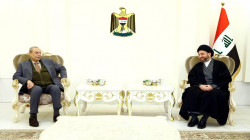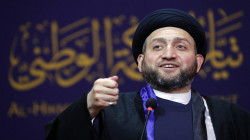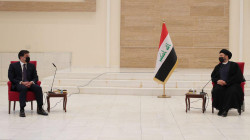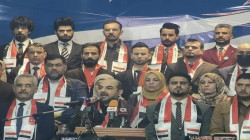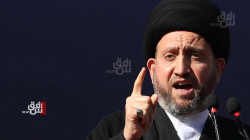Al-Hakim to Jordan's King: we endorse the Basra-Aqaba pipeline project
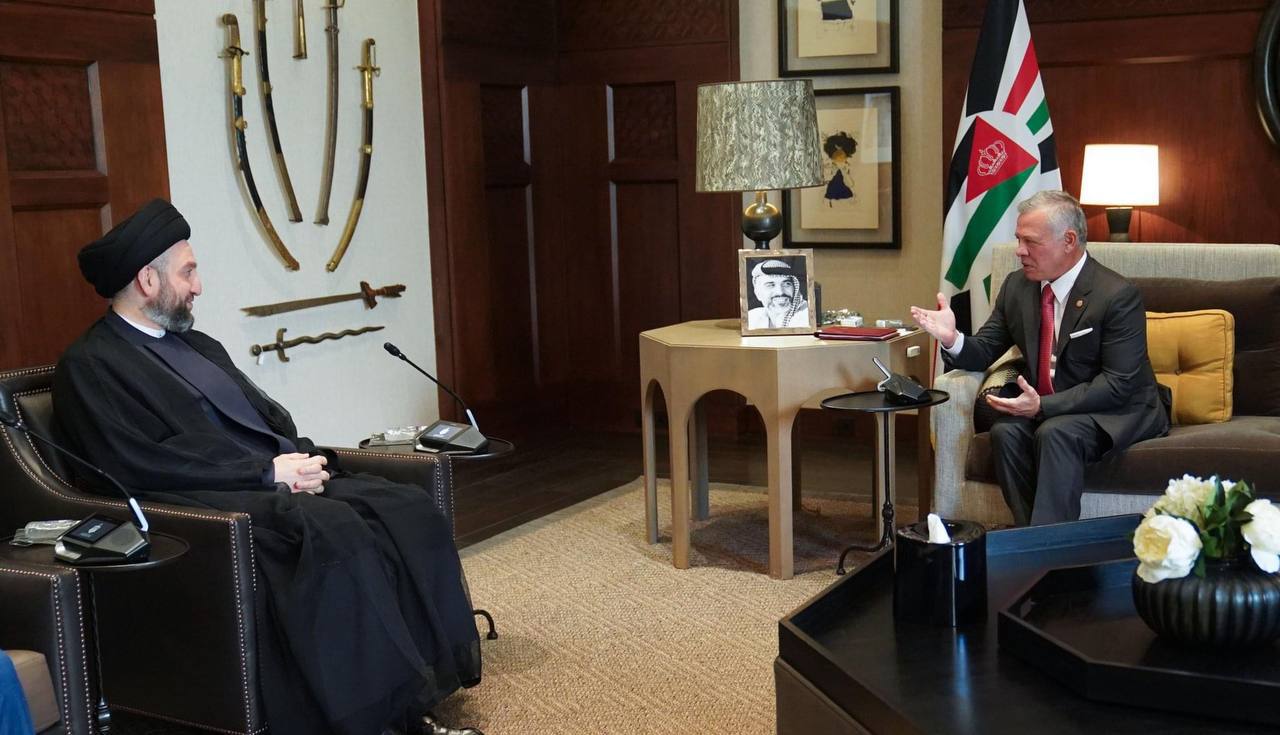
Shafaq News/ The head of al-Hekmah movement, Ammar al-Hakim, said that he endorses the pipeline project that links Basra to the Jordanian city of al-Aqaba.
Al-Hakim's remarks came during a meeting with King Abdullah II at the Husayniyah Palace in the Jordanian capital, Amman, earlier today, Monday.
According to "Petra" newsagency, the Jordanian king highlighted the fraternal ties between the people of the two neighboring countries and the vital role of Iraq in bolstering the security and stability of the region.
King Abdullah reiterated his country's commitment to supporting Iraq and its people, according to the Jordanian official Newsagency.
Al-Hakim commended the "regional and international role" of the Jordanian monarch, with whom he exchanged views over the updates on the political arena in Iraq.
The Shiite cleric expressed his pride in the Iraqi-Jordanian ties and the progress of the cooperation prospects between the two countries, particularly the Basra-Aqaba oil pipeline and the industrial zone at the joint borders.
Petra said that the meeting was attended by the King's secretary Jaafar Hassan, the head of the Jordanian intelligence agency Major-General Ahmed Hosni, and the king's senior advisor for religious and cultural affairs Prince Ghazi bin Mohammad.
In a statement he issued earlier today, al-Hakim said that he "discussed [with King Abdullah II] ways to enhance the bilateral ties between Iraq and the Hashemite kingdom at all levels, and exchanged views on the developments in Iraq and the region."
The meeting, according to al-Hakim's statement, called for "promoting dialogue to address crises, as well as peace and stability to enable the countries of the region to serve the people."
Al-Hakim attributed the bitter deadlock in Iraq to the "unbalanced results of the recent election".
"This crisis is no different from its precedents. It can be solved if there is a will to do so," the statement quoted al-Hakim.
Abdullah II and al-Hakim called the countries of the region to join hands and share their expertise and capabilities in order to overcome the global food crisis.
